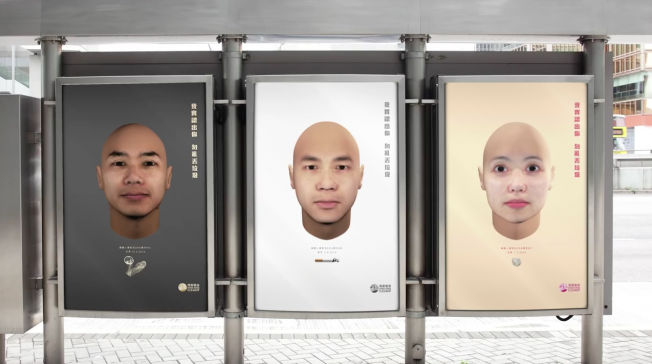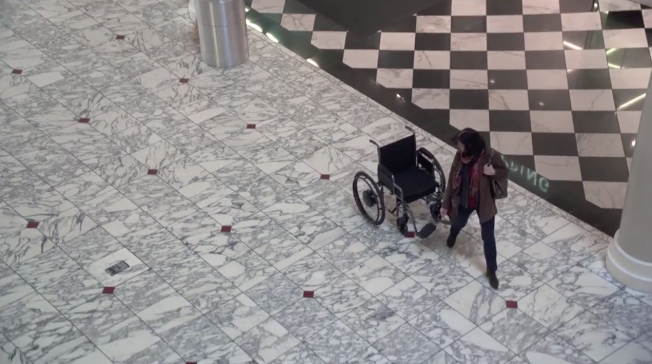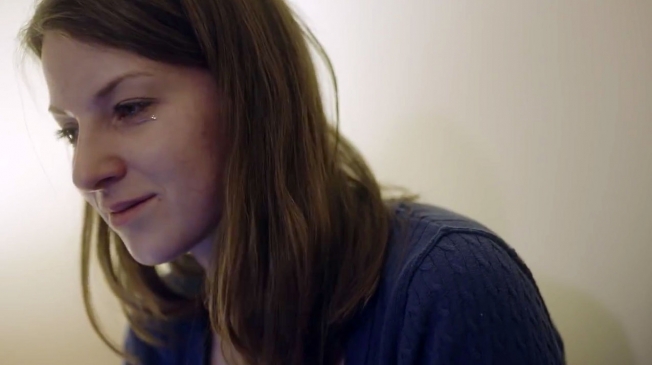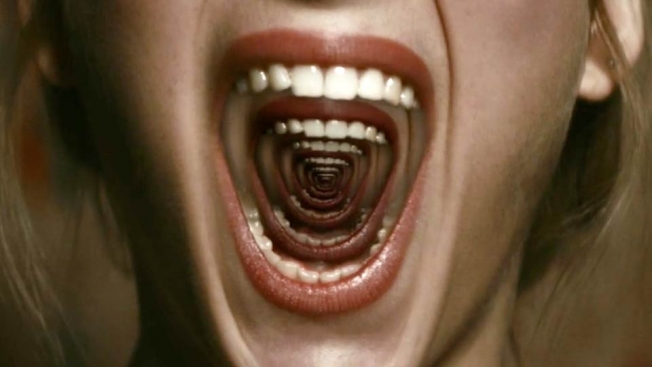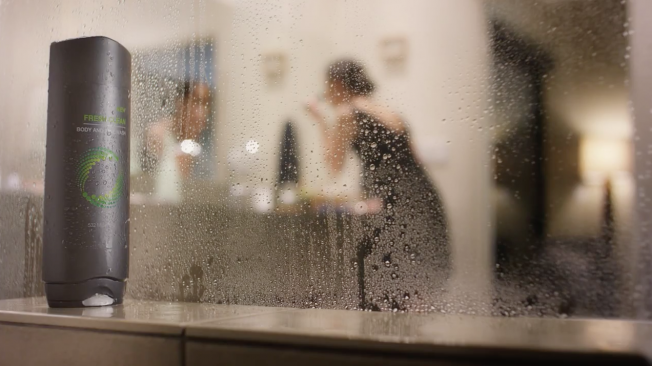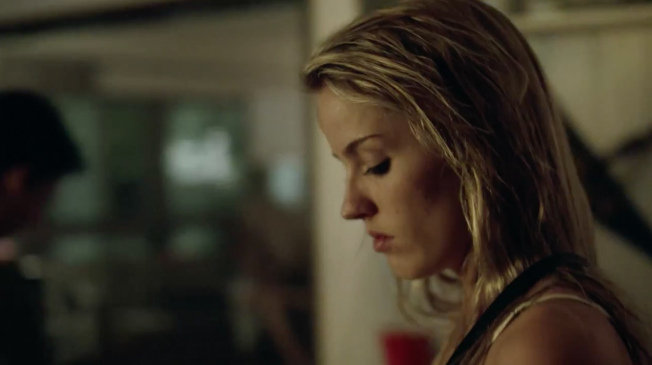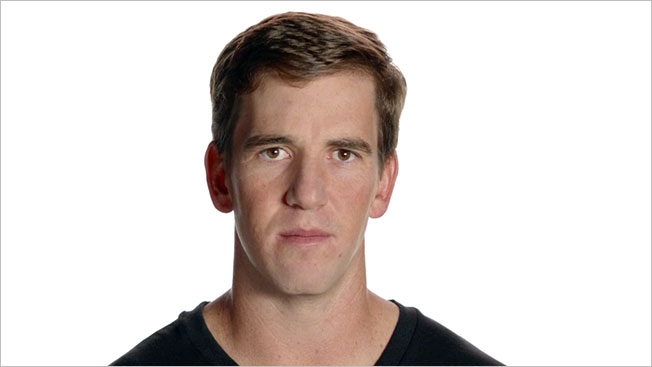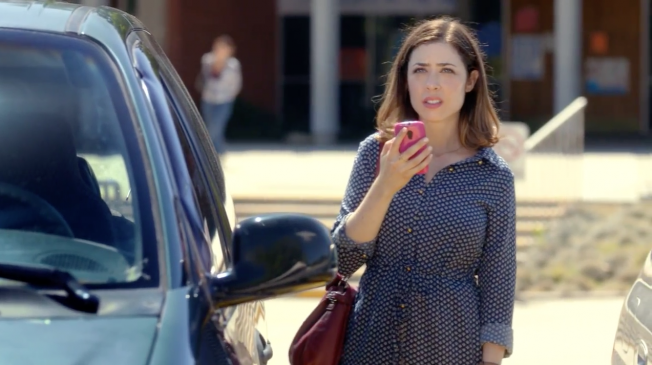This PSA About Police Brutality Is Told From a Particularly Unusual Point of View
Posted in: Uncategorized
Police brutality doesn’t just affect its victims. It affects the moms of the cops who inflict it. And it’s their responsibility to speak out against it, argues this hard-to-swallow new PSA.
At the beginning of the one-minute clip, the hashtag appears: #AsAMotherSpeakOut. Viewers might naturally assume the grieving woman is the mother of an unarmed teen killed by a cop. But as the story progresses, it turns out she’s actually the mother of the police officer who pulled the trigger.
It’s easy to imagine the knot of emotions a person might feel in such a scenario—sorrow and regret over the dead teenager; compassion and protectiveness toward her son; disgust with the violence he’s perpetrated; shame for indirectly bringing it to bear on the world; and in the ad’s key point, a moral obligation decry it.
Here, that denunciation takes the form of writing to a congressman, questioning the legal standard that defers to the police’s perspective when they use lethal force (part of the Justice Department’s reasoning in not prosecuting former Ferguson police officer Darren Wilson for killing Michael Brown).
The general idea—that in the end, all the parties involved, and their families, suffer as a result of police brutality—is worth considering. But the ad’s broader, well-intentioned purpose—calling on the public to participate in seeking a collective solution to a systemic problem—suffers to some degree at the hands of its own tricky execution, and the complexity of the issues at hand.
Sure, the cop has a mother whom he loves—but his face as he decides to pull the trigger seems a picture of rage, more than anything else. And while the camera doesn’t show the kid’s very final second (perhaps a subtle reference to the Brown case, or just the generally perceived difficulty in parsing the truth in many police shootings), it would take a particularly generous reading of the ad to find it suggesting that the cop saw a reasonable, immediate threat (something that, despite the circumstances of the Walter Scott shooting in South Carolina, the legal standard for police using deadly force on fleeing suspects requires).
So, the PSA—created by Shape History, a creative studio for social impact—casts the cop as a clear-cut murderer, and asks sympathy for his mother, but falls short of her explicitly saying he’s escaped justice due to a flawed system. Meanwhile, another generous reading might find the spot suggesting that the lethal force standard engenders a malicious-at-worst, careless-at-best, shoot-to-kill policing culture. But it fails to get into the details of how systemic issues might have fostered a tragic act of violence, and instead emphasizes dramatizing the act itself, and the remorse of the killer’s mother—effectively lamenting an aspect of the aftermath that’s generally overshadowed, as it should be, by greater focus on the greater injustice, the victim.
Sadly, the real instances of police brutality—and the havoc they wreak on communities—are clear enough evidence that the system is flawed, already.
![]()


